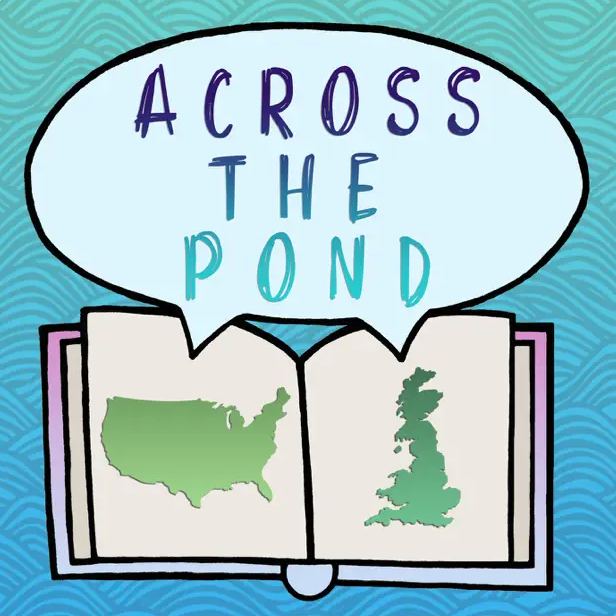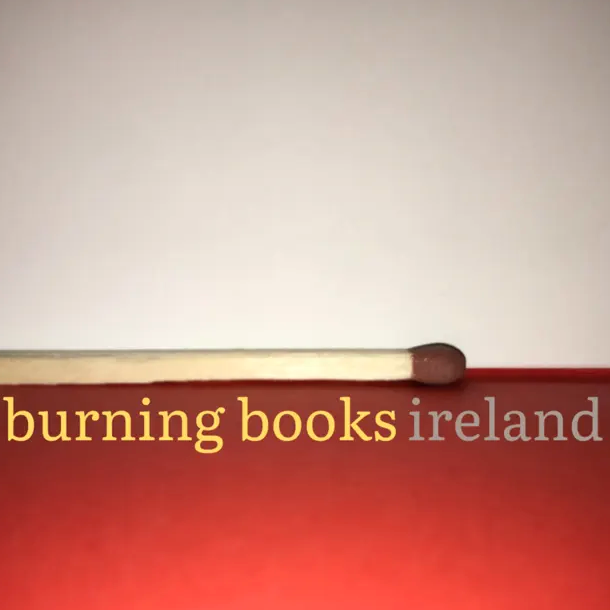Donal Ryan
Reviews on Donal Ryan’s work we loved:
The Queen of Dirt Island reviewed by Ron Charles at The Washington Post
”The girl at the center of Donal Ryan’s exquisite new novel is born into animosity and grief. Her mother was ostracized for getting pregnant; her father was killed the day she was born. But from that cruel soil grows a life of unbridled joy and affection.
Such is the abiding miracle of The Queen of Dirt Island. Here, in Ryan’s seventh book, unfolds the story of a small Irish village ‘that nobody’d ever heard of, tucked between a hillside and a lake.’ That baby who arrives under such inauspicious circumstances is named Saoirse, which means ‘freedom’ in Irish. Her distraught mother worries that ‘if she ever goes to America the yanks won’t have a clue how to pronounce it,’ but she needn’t worry about that. County Tipperary will be Saoirse’s whole world. And it’s in such cramped geography that Ryan, one of Ireland’s best-selling writers, finds everything he needs to traverse the universe of the human heart.”
Strange Flowers reviewed by Jane Graham at The Big Issue
“Irish writer Donal Ryan has a series of highly acclaimed books behind him, including his Booker longlisted (and should have been shortlisted) 2018 novel, From a Low and Quiet Sea. His reputation as an insightful and elegiac writer stands out even among his fellow native warrior-poets. His latest work, Strange Flowers, has an even more deeply-felt tone than its predecessors, with profound bass notes I wondered if I was over-reading, until I found out more about the background of its inspiration. This story of familial loss and discovery, disconnection and reconnection, was written in ‘a haze of shock and extreme grief’ three years ago, just after the death of Ryan’s father.”
The Thing About December reviewed by Sebastian Barry at The Guardian
“The reader devours the book, marvelling at the precision of the sentences and the forensic notice the author seems to have given to the particular English of his district. It is not so much a dialect as a language stolen out of the mouths of others and bullied and half-loved into a new condition. Characters are not exhausted but "panned out". The phrase "signs on" has nothing to do with the dole, but seems to mean something like: "And I'm not surprised." A sentence such as: "The poor misfortune, how well he had to hit the tree" – well, I'm not sure what it means exactly, but it is exciting to be closed out for a moment from your own language. Things are often "a fright to God", but the accumulative effect of reading the book is a joy rather than a fright to God.”
From a Low and Quiet Sea reviewed by Justine Jordan at The Guardian
“His fifth book, From a Low and Quiet Sea, begins with a very different story: that of Farouk, a Syrian doctor who with his wife and daughter flees a country collapsing into war in the hope of safety in the west. They discover too late that the boat they are crammed on to with other desperate families has no captain and no life jackets: and then a storm hits. Ryan took the story, he explains, from a news report about a Syrian doctor who paid what he thought was a high-end smuggler to get him out of the country, then lost his family at sea. “It really happened, the boat went down. What happens in the book happened in real life.” In the novel, the traumatised Farouk drifts through refugee holding camps, unable to process his loss. The real Farouk was employed on one of the Greek islands as a brain surgeon, says Ryan. “There was a line in the report where he says that he spends the time after his shifts looking out across the water, because that’s his family’s grave.”
Shop Donal Ryan
get to know Donal Ryan in a podcast
Across the Pond - Listen to a discussion on Roald Dahl and then Donal Ryan reading from his book The Queen of Dirt Island - Listen Here.
Burning Books Ireland - Listen to Donal Ryan talk to Books Ireland editor Ruth McKee about empathy, the mystery at the heart of writing, Doris Lessing, and having a crush on Sylvia Plath—as he reveals which books he would save if his house was on fire. Listen Here.
Listen to Donal Ryan in conversation at the cork international short story festival
articles on and by Donal Ryan that we loved:
Donal Ryan on Mourning the Death of an Unpublishable Novel for LitHub.
“When I wasn’t writing the novel I was haunted by it, or maybe bullied is a better word. Mickey’s rasping voice seemed always to be in my head, taunting me, baiting me, pointing an arthritic finger at me and whispering some egregious insult, challenging me to try to get the better of him, to corral him somehow. His stories were about things submerged, suppressed, denied. The earlier parts were fabulous in nature, woven from strands of truth, exaggeration, lies, myth and legend. But his storytelling changed its nature to testimony and confession as the novel progressed; he had to work up to the truth of himself and of his family, to his role in the forming of the deceptions that underlay the foundations of his existence.”
Donal Ryan: ‘I’ve got one or two sneering reviews from fellow writers’ in conversation with Martin Doyle for The Irish Times.
“I wrote the first draft in 2017 after my father’s sudden death in a haze of shock and extreme grief,” Ryan says. “I think I used it as a way of deflecting reality for a while, of holding it at arm’s length. It’s a very personal book, the most personal I’ve written, a kind of oblique confrontation of loss and a celebration of familial love. I’m really happy with it. I owe this book. I was falling hard and it softened my landing.
I heard the great Mike McCormack once say he had no memory of writing Solar Bones and I couldn’t see how that could be possible, but I see it now. My only clear memory of writing the first draft of Strange Flowers is of being in my office in UL writing the closing scene and of feeling my father’s presence very strongly and feeling his approval, almost physically hearing him say ‘Good man. Do. That’s exactly right.’”
An interview with Donal Ryan for the Man Booker in 2018 when From a Low and Quiet Sea was longslisted:
“The research that informed my writing of Farouk’s chapter happened over the best part of a decade, and it was unplanned, unfocused and very incremental. I worked in a job from 2007 that involved regular contact with migrants, many of whom were refugees. I met dozens of people from Syria, Libya, Iraq and Afghanistan, most of them incredibly warm and generous, and I was gradually given clear ideas of the places they had left, the lives they’d lived there, and the journeys they’d made. A few years ago I discussed a story I wrote called Long Puck, set in Homs in 2012, with a group of Syrian families who had settled in Thurles, Co. Tipperary, twenty miles from where I grew up. One of the group explained to me that Syrian people often changed street names in their towns to make migrants feel more at home”.








